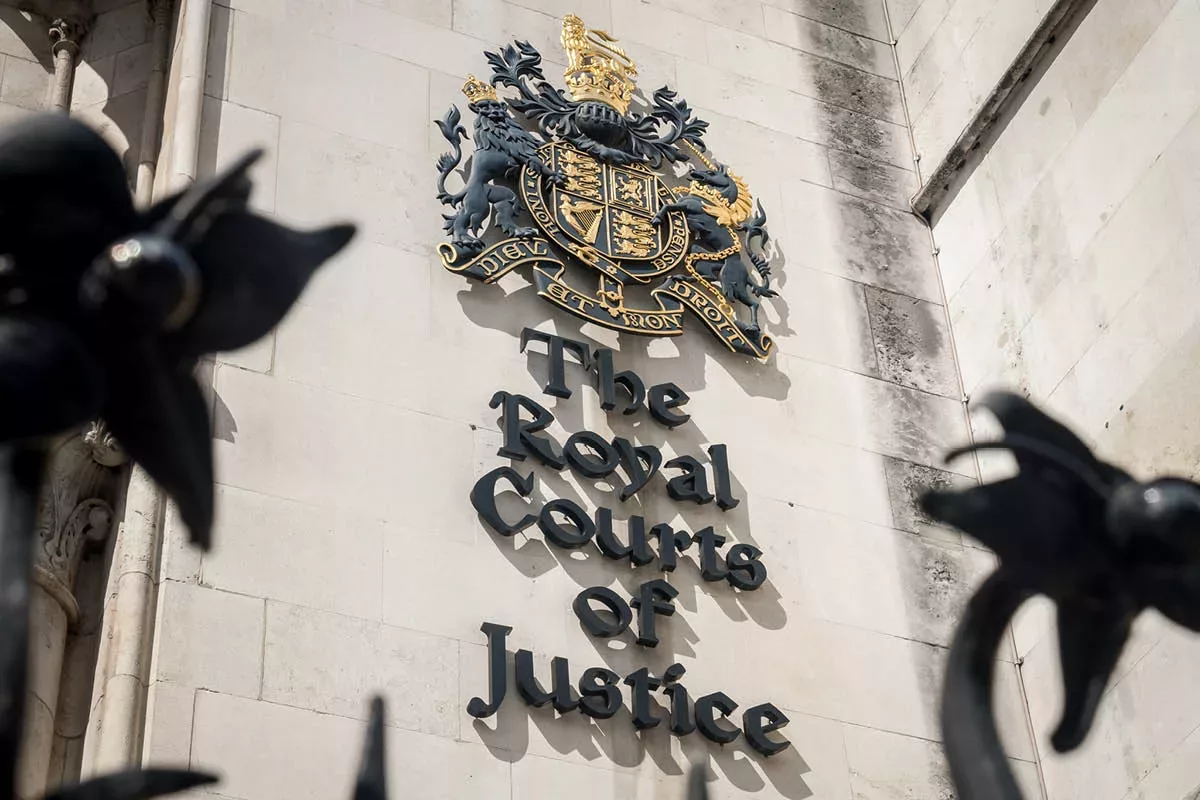Izzy Jaques of our matrimonial and finance team represented the husband in respect of his financial remedy case. The husband has successfully opposed the recent appeal brought by the wife in the Court of Appeal, in a case which has been widely reported in the press.
The wife petitioned for divorce in 2016. The parties met in 1990, and married in 1993. They have two children, twins, born in 2011. The parties separated in 2012/2013 when the husband left the former matrimonial home. The wife and the children remained living there while, by the date of the hearing before the District Judge, the husband was living as a lodger in a friend’s property.
The wife has, for many years, worked for the BBC. The husband has not worked for some time. He had ran the families property portfolio and had supported the wife through her career. The wife’s pension was valued at approximately £2.1 million by the time the case had reached the Court of Appeal. The property portfolio was valued at approximately £2.17 million.
The case reached the court of appeal following the wife’s appeal from an order made by HHJ Bromilow after being given permission to appeal following DJ Watkins order.
HHJ Bromliow had in turn reduced the lump sum awarded to the husband from £814,000 to £733,650 (respectively £630,000 and £550,000 net after payment of capital gains tax) and reduced the husband’s pension share from 48.6% to 34%.
The effect of the Judge’s order was that the wife retained approximately 73% of the non-pension assets plus the balance of her pensions.
Although to differing extents and for differing reasons, both the District Judge and the Judge considered that this significant departure from an equal sharing of what the District Judge had found were matrimonial assets was justified.
The main consideration for the departure from equality was due to the wife and children’s needs moving forward as she would be their primary carer.
The wife argued at the court of appeal that the husband’s conduct should have been taken into account when determining the share of the assets and ultimately trying to argue he had made a “negative contribution” to the marriage. She had not been given permission to appeal on these grounds.
The wife also argued that both judges were using out of date pension figures to calculate what share the husband should receive. The court of appeal noted that no application was made to adduce any further evidence in respect of the pension and therefore both Judges had acted within their powers and on the basis of the information they had before them.
The Court of Appeal also concluded that the both judges had also taken into account the wife’s and children’s needs in their judgements hence the departure from equality.
In respect of the conduct and contribution point the court of appeal confirmed it was “hopeless submission” and referred to the cases of Miller v Miller; McFarlane v McFarlane [2006] 2 AC 618 in that conduct cannot be raised “under the guise of having regard to all the circumstances of the case”.
Izzy Jaques, the solicitor at Goodman Ray who represented Mr Baker, said of the judgment:
“I was very pleased to see the Courts yet again acknowledge that a contribution to a marriage does not only have to be financial. Spouses contribute to a marriage in many different ways, and it is only right that these contributions are recognised in a financial settlement.”
In conclusion the Court of Appeal made it clear that the lower courts had both acted correctly and within what they were able to with the information provided. The court of appeal cannot be used to attempt to re argue points which were dismissed in earlier proceedings.
Links




